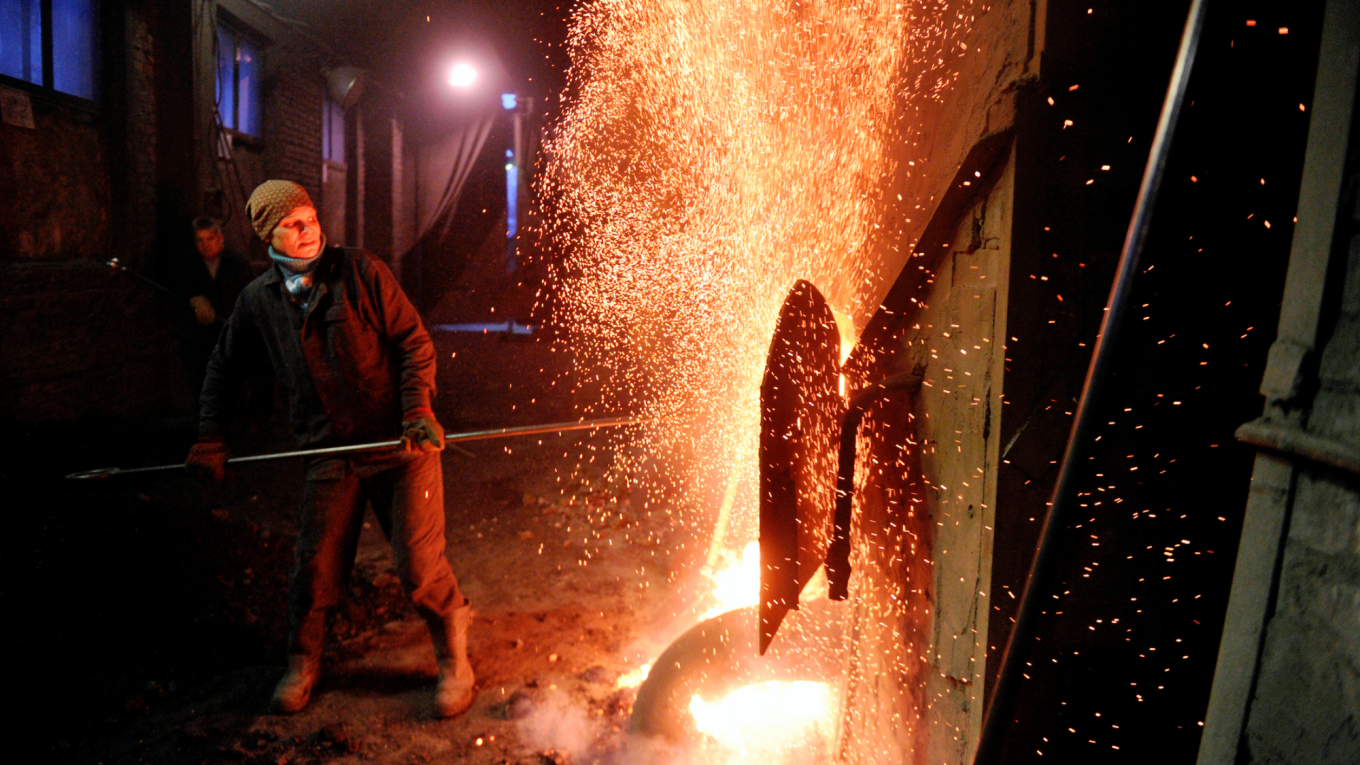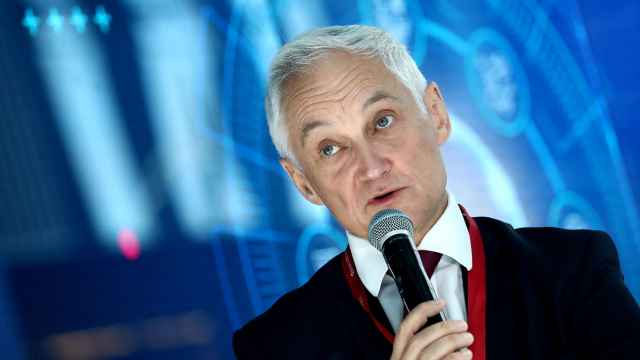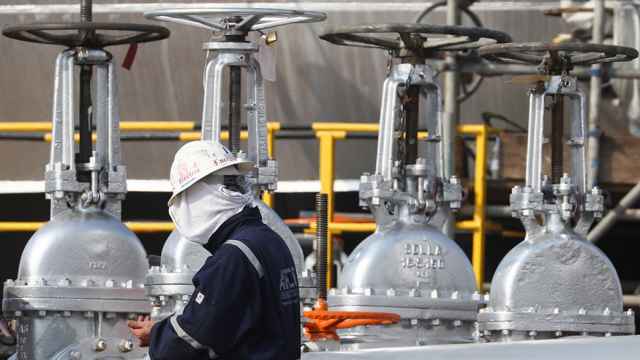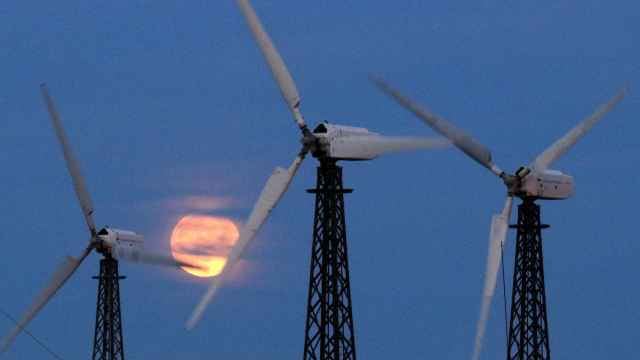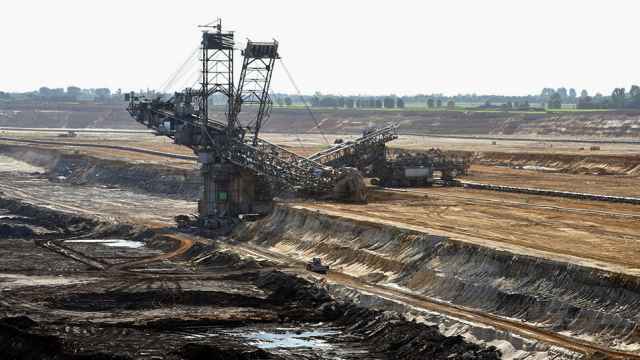Russia’s Far North region of Murmansk will become a testing ground for “green” technologies in a bid to achieve carbon neutrality, according to an agreement signed between state innovation corporation Rusnano and regional authorities.
The Carbon-Free Zone seeks to test renewable technologies and systems which can later be expanded nationwide, including electric transportation and sustainable solid waste disposal, Rusnano said announcing the agreement’s signing at the St. Petersburg International Economic Forum.
“The Carbon-Free Zone is something that hasn’t happened anywhere else in Russia,” Rusnano CEO Sergei Kulikov said in the statement Thursday.
“The region will get a ‘green’ reputation and attract new investors. This, in turn, will lead to the creation of new high-tech jobs, improvements in the environment and ultimately an increase in local quality of life,” he added.
The project is expected to generate 12,000 tons of “green” hydrogen fuel with a wind farm per year by 2025. Rusnano stressed the Carbon-Free Zone’s importance given looming EU carbon taxes on Russian energy exports like coal, saying it will be primarily export-oriented.
Murmansk governor Andrei Chibis said the Carbon-Free Zone will also help reduce the burden on the regional environment. Russia’s far-northern regions are warming three times faster than the planet and have been hit with devastating environmental disasters like oil spills and historic wildfires in recent years.
The pilot project was announced days after presidential envoy on sustainable development Anatoly Chubais said Russia will have to abandon fossil fuels and reform its entire economy to catch up with global decarbonization trends.
Yet despite the turn toward renewables, Russia’s Arctic strategy still aims to increase its fossil fuel production tenfold over the next 15 years.
Just 0.04% of Russia’s electricity comes from solar and wind compared to roughly 10% worldwide. The country is currently building its largest-ever wind power project in Murmansk and it is expected to start generating power from 2022.
A Message from The Moscow Times:
Dear readers,
We are facing unprecedented challenges. Russia's Prosecutor General's Office has designated The Moscow Times as an "undesirable" organization, criminalizing our work and putting our staff at risk of prosecution. This follows our earlier unjust labeling as a "foreign agent."
These actions are direct attempts to silence independent journalism in Russia. The authorities claim our work "discredits the decisions of the Russian leadership." We see things differently: we strive to provide accurate, unbiased reporting on Russia.
We, the journalists of The Moscow Times, refuse to be silenced. But to continue our work, we need your help.
Your support, no matter how small, makes a world of difference. If you can, please support us monthly starting from just $2. It's quick to set up, and every contribution makes a significant impact.
By supporting The Moscow Times, you're defending open, independent journalism in the face of repression. Thank you for standing with us.
Remind me later.


